Prioritising Risk in CAD: A Patient-First Discussion on Antiplatelet Therapy
Published: 03 January 2024
-
Views:
 8533
8533
-
Likes:
 7
7
-
Views:
 8533
8533
-
Likes:
 7
7
-
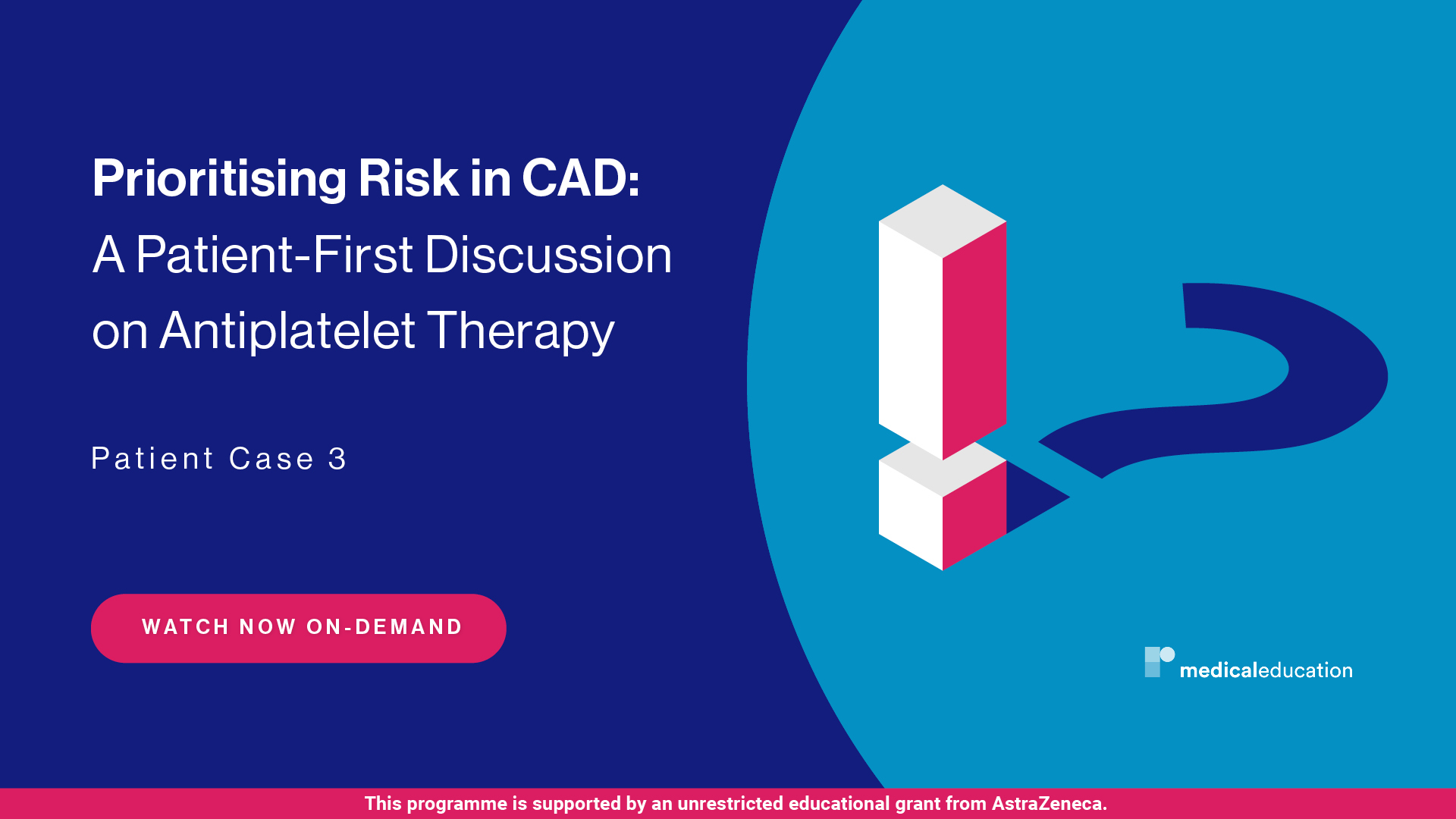 20m 17sPart 3 Patient Case 3
20m 17sPart 3 Patient Case 3
-
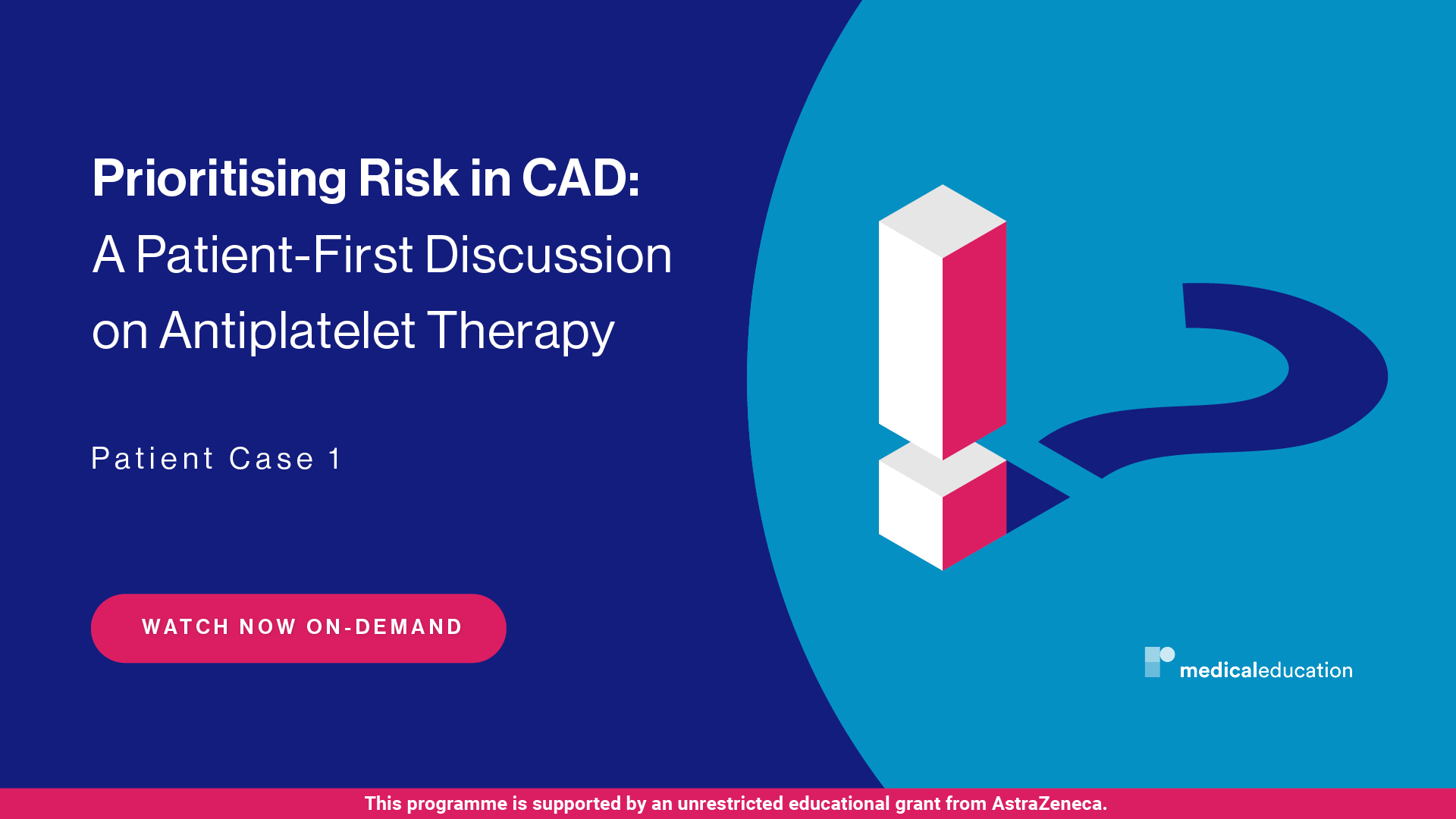 23m 39sPart 1 Patient Case 1 Marco Valgimigli, Felicita Andreotti, Diana Gorog, Eliano Navarese
23m 39sPart 1 Patient Case 1 Marco Valgimigli, Felicita Andreotti, Diana Gorog, Eliano Navarese
Overview
This on-demand version of the live roundtable, chaired by Prof Marco Valgimigli (Cardiocentro Ticino Institute, Lugano, CH), demonstrates how to prioritise bleeding and ischaemic risks in coronary arterial disease (CAD) management. Key opinion leaders Prof Diana Gorog (University of Hertfordshire, UK), Prof Felicita Andreotti (Gemelli University Hospital, Rome, IT) and Prof Eliano Navarese (University of Sassari, Sardinia Island, IT) uncover expert insights on optimal anti-thrombotic strategies for complex patients as we bridge the gaps in current understanding.
This programme features three compelling patient case studies, offering real-world scenarios that bring the discussion to life. Gain invaluable knowledge from thought leaders, unravel the complexities of risk balancing, and leave with a deeper understanding of optimal anti-thrombotic approaches.
Key Learning Objectives
- Recall current rates of inappropriate antiplatelet dosing in CAD patients
- Identify clinical risk factors associated with enhanced ischaemic or bleeding risk in CAD
- Select evidence-based antiplatelet regimens for complex patients including those at high bleeding risk and high ischaemic risk
- Provide appropriate education to patients that addresses factors leading to premature discontinuation of antiplatelet therapy
- Individualise antiplatelet treatment taking into account clinical risk and patient lifestyle, limitations and preference
Target Audience
- Cardiologists
- Interventional Cardiologists
- Primary Care Physicians
- Nurses, Pharmacists
- Other Allied HCPs
More from this programme
Part 1
Patient Case 1
In this first part, Prof Felicita Andreotti presents our first patient case. Whilst the audience vote on their management strategy, Prof Andreotti discusses how much input she normally encourages from the patient or their family when considering the optimal antiplatelet regimen. Following the case presentation, the panel share what their approach would have been and answer selected audience questions.
| 1 session | |
| Patient Case 1 | Watch now |
Part 2
Patient Case 2
In this second part, Prof Diana Gorog presents our next patient case. Prof Gorog shares the patient’s bleeding and ischaemic risk profile, and the audience vote on the antiplatelet regimen they would use, before revealing the final management approach. The panel also address questions from the audience.
| 1 session | |
| Patient Case 2 | Watch now |
Part 3
Patient Case 3
In this third part, Prof Eliano Navarese presents our final patient case, and the audience vote on whether the patient is high bleeding risk, high ischaemic risk, or both. Prof Navarese discusses the most concerning clinical risks when considering how to treat patients like this.
| 1 session | |
| Patient Case 3 | Watch now |
Part 4
Panel Discussion and Key Learnings
In this final part, the panel discuss the main barriers to adherence, how patient preference can be factored into treatment selection, and what key information should be communicated to patients and their families. The panel also address audience questions and Prof Valgimigli closes the session by summarising the key learnings.
| 1 session | |
| Panel Discussion and Key Learnings | Watch now |
Faculty Biographies
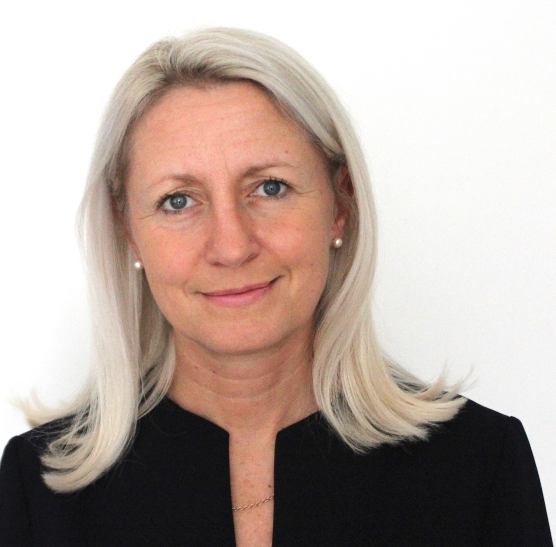
Diana A Gorog
Cardiologist and Clinical Lead for Non-cancer Research
Prof Diana Gorog holds academic appointments at the University of Hertfordshire and at the National Heart and Lung Institute of Imperial College, London, and is a full-time interventional consultant cardiologist at East and North Hertfordshire NHS Trust, UK.
Prof Gorog graduated in Medicine from St. Bartholomew’s Medical School, University of London in1993 and undertook clinical training in major London teaching hospitals. She obtained both a postgraduate clinical research MD from the University of London Postgraduate Medical School, and a British Heart Foundation Fellowship in laboratory-based cardiac research at St Thomas’s/King’s College leading to a PhD, following which she returned to clinical cardiology to complete higher training in interventional cardiology.
She sees patients with all types of heart disease, including angina, hypertension, arrhythmias, heart failure and valvular heart disease. She undertakes coronary angiography and angioplasty,…
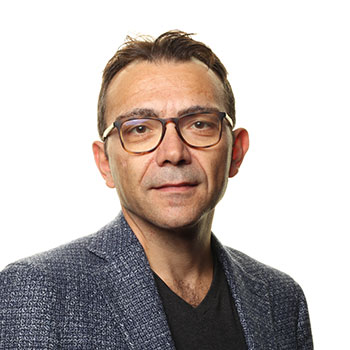
Marco Valgimigli
Deputy Chief of Cardiology
Prof Marco Valgimigli is an Interventional Cardiologist and Deputy Chief of Cardiology at the Cardiocentro Ticino Institute in Lugano, Switzerland.
He obtained his medical degree from the University of Bologna, and completed his training in internal medicine at the same university. He received a degree in cardiological sciences at the University of Ferrara and a PhD in interventional cardiology at Erasmus Medical Center in Rotterdam.
Prof Valgimigli’s areas of research are wide ranging and include high-risk percutaneous interventions (PCI); invasive treatment of myocardial ischaemia (MI); reparative medicine with adult stem cells during MI and heart failure; antithrombotic therapy during and after PCI; and prognostic stratification during acute coronary syndromes and MI.
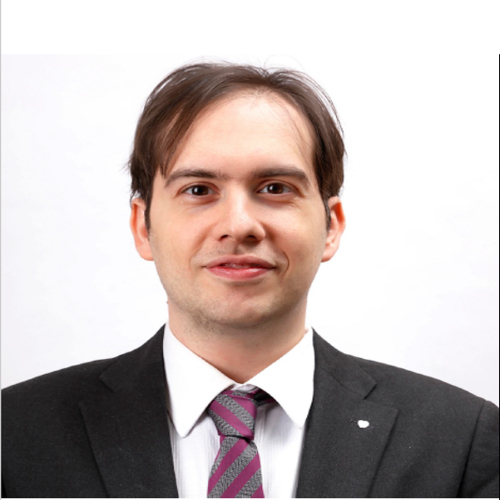
Eliano Navarese
Head of Clinical and Experimental Cardiology
Prof Eliano Navarese is an Interventional Cardiologist, Associate Professor and Head of Clinical and Experimental Cardiology at the University of Sassari, Sardinia Island in Italy.
His expertise is in the fields of interventional cardiology, coronary artery disease, antithrombotics, lipid-lowering therapies, cardiovascular pharmacotherapy, clinical trials and evidence-based medicine.
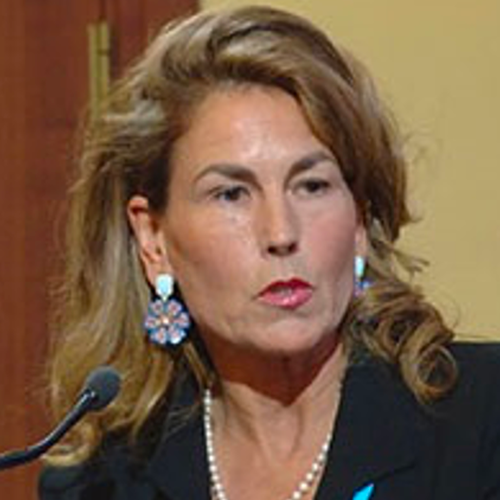
Felicita Andreotti
Professor of Cardiovascular Medicine
Prof Felicita Andreotti is a tenured Professor and Medical Director at the Gemelli IRCCS Hospital and Catholic University in Rome, Italy, where she currently coordinates cardiovascular research within the Scientific Directorate.
Prof Andreotti gained her MD and two specialties - in respiratory and cardiac diseases - from the University of Strasbourg, France, and then Pisa, Italy. During her PhD work in Leiden, NL, and a Lectureship in London, UK, she investigated the fibrinolytic/haemostatic system in health and disease, with funding from the British and Dutch Heart Foundations.
Prof Andreotti has contributed to 20 European Society of Cardiology (ESC) clinical practice guidelines or position papers, chaired the ESC working group on Thrombosis, and coordinated multicenter studies funded by the Italian Ministry of Research. She has authored over 300 articles in peer-reviewed journals, including …






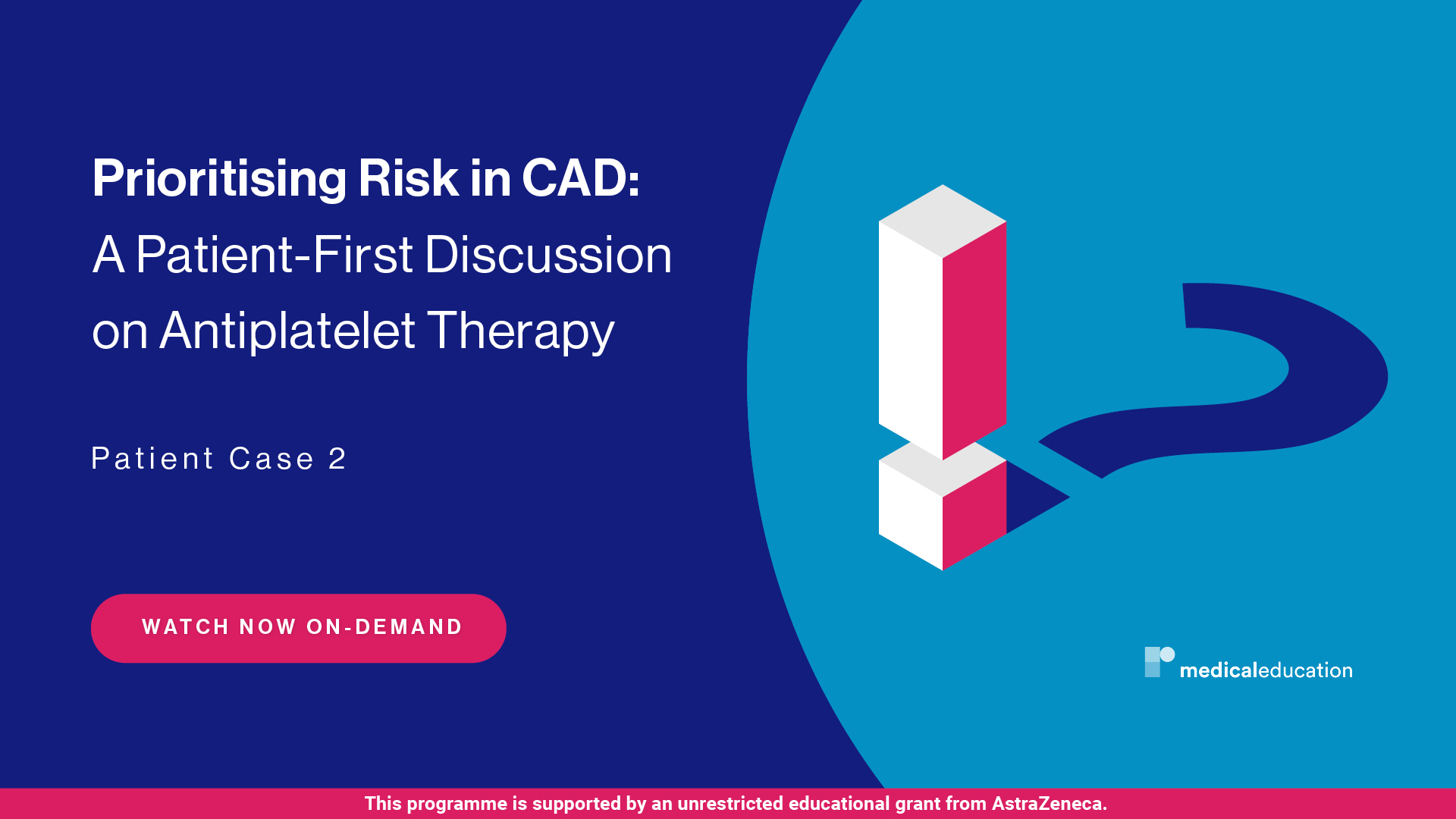
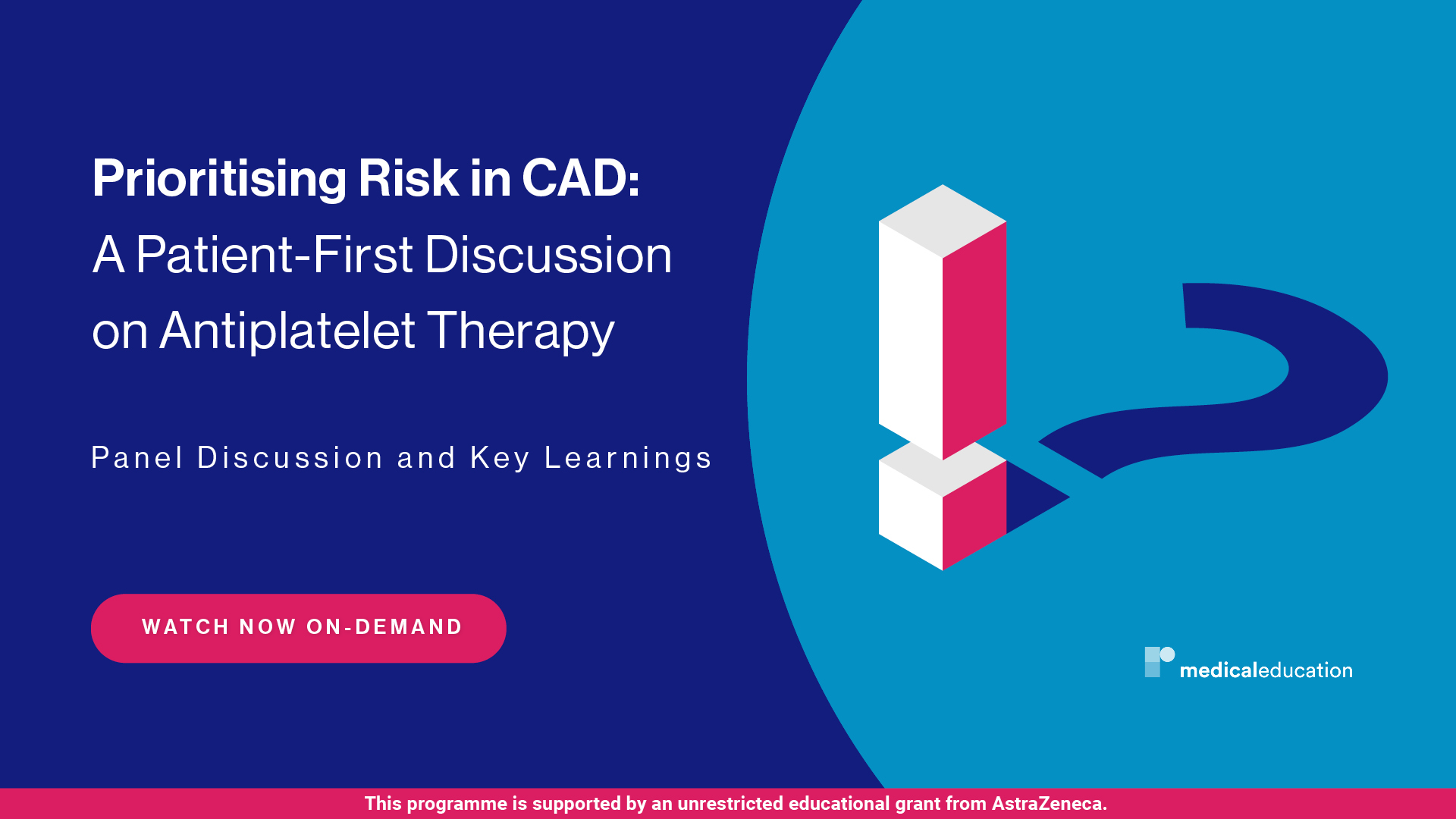
Comments